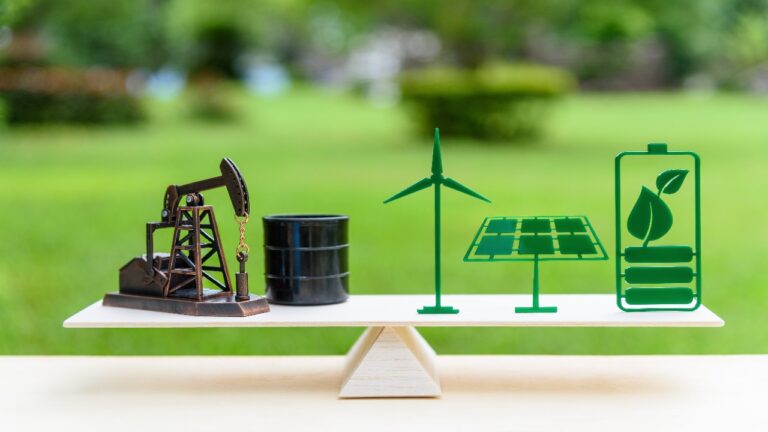Center on Global Energy Policy Congratulates Paul Dabbar on Confirmation as US Deputy Secretary of Commerce
The Center on Global Energy Policy (CGEP) at Columbia University SIPA congratulates Paul Dabbar on his confirmation as Deputy Secretary of the United States Department of Commerce. During...

















